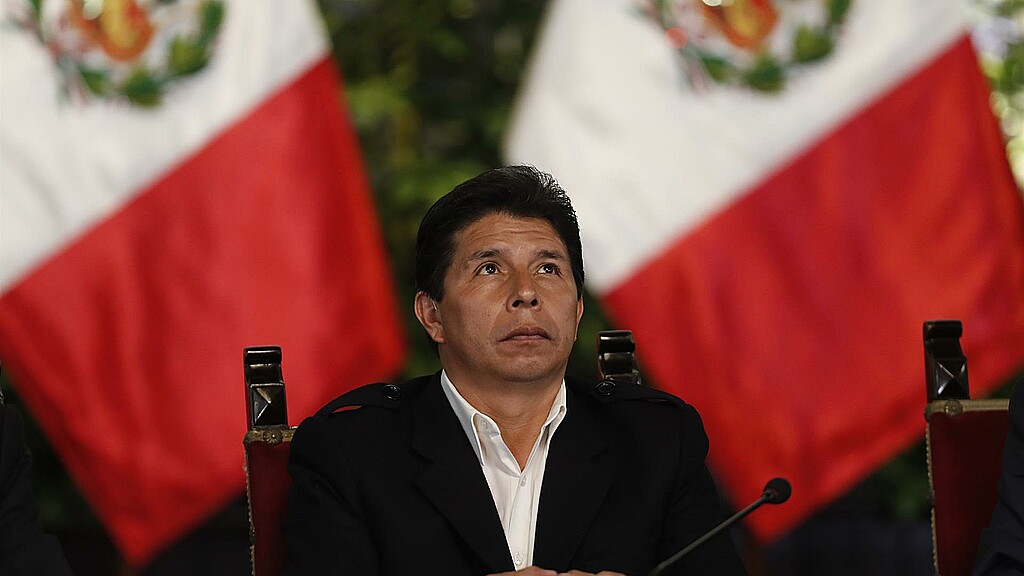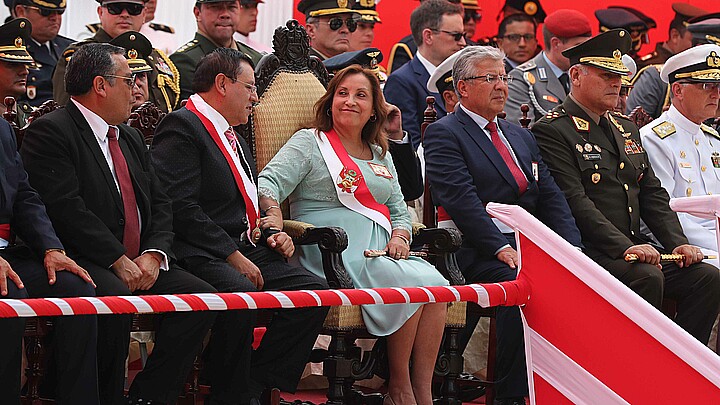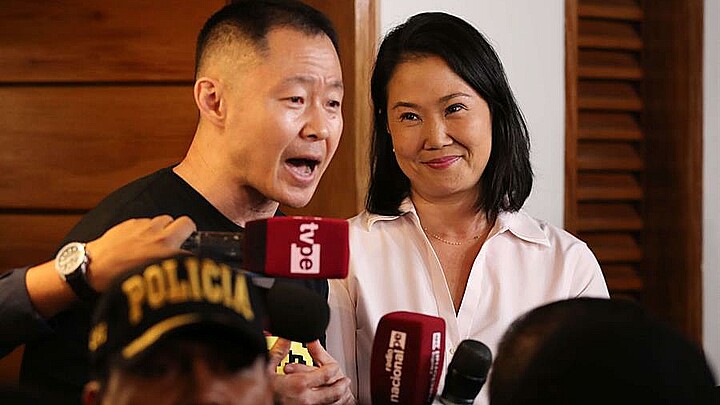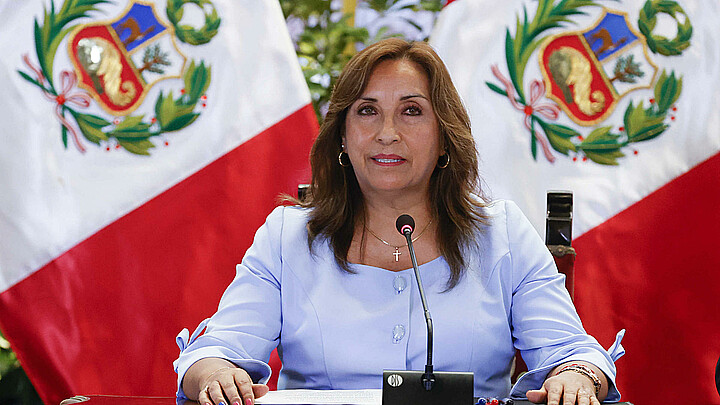Politics
Peruvian court upholds 18-month pre-trial detention for former president Castillo
The appeals chamber of the court announced the decision as the country continues to face unrest after Castillo attempted to dissolve the South American country’s congress

December 29, 2022 7:30pm
Updated: February 21, 2023 3:20pm
Peru’s Supreme Court on Thursday upheld a decision to keep former president Pedro Castillo in pre-trial detention for 18 months, while he is investigated on charges of rebellion.
The appeals chamber of the court announced the decision as the country continues to face unrest after Castillo attempted to dissolve the South American country’s congress on December 7. The move came after the Peruvian Congress was debating impeaching the president over his “permanent moral incapacity.”
The same day, the Peruvian congress voted to dismiss President Castillo and arrested him for the alleged crime of rebellion and staging a coup d’etat while he was on his way to seek asylum at the Mexican embassy.
Peru’s Vice President, Dina Boluarte, was sworn in as the first female president of the country. Boluarte also criticized Castillo's dissolution plan, calling it "a coup that aggravates the political and institutional crisis that Peruvian society will have to overcome with strict adherence to the law."
Days after former President Pedro Castillo was removed from office, violent protests broke out in several cities, leaving at least 22 people dead. Peru’s new president has since called for new elections to quell the demonstrations and on Thursday, announced that she would help investigate the deaths associated with the protests.
“We are not going to allow impunity,” Boluarte said in a press conference. “They [the deaths] need to be investigated.”
Castillo, who denies committing the crimes of rebellion and conspiracy, has claimed that the pre-trial detention only “only served to polarize our country” and was “nothing more than political revenge.”










